Weizhen Leong navigating the roads of medicine and entrepreneurship
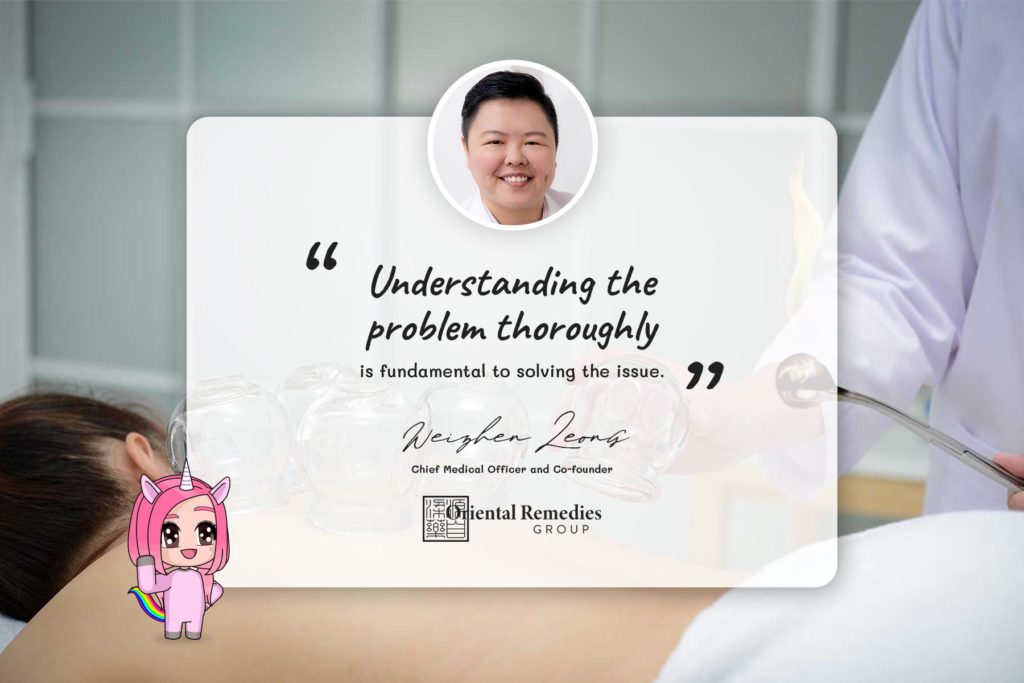
Physician Leong Weizhen’s guiding principles have remained the same wherever her practice has taken her. Setting up a private clinic into now building Oriental Remedies Group and spearheading a team is a journey not oriented in her education as a doctor. However, her path has brought her into the world of entrepreneurship, expanding the stretches of being a healthcare practitioner and its traditional functions. She has connected the non-intersecting parallel roads of business and medicine and found that at the end of the road is the common ground of delivering the best care to patients.
Her brilliance is evident in her strategies, ability to lead her staff, and dedication to her patients. Read more to know about her story:
Q: What is “empowerment” to you?
A: To be given the autonomy to make decisions and have the ability to recognise my team’s efforts. I also try to empower my team. For example, when fire-fighting, when we were first building the business, I must sometimes give solutions quickly to resolve the immediate issue but now that the business has grown to a certain scale, I empower my team to make their own decisions and learn from them. Also when I am mentoring a junior, I must be aware to hold my tongue sometimes and empower him/her to think of solutions on their own. Certain decisions might not be the best but we should respect them and allow for trial-and-error. This has helped my team open up conversations, brainstorm together, and take up more responsibilities in their work.
Q: Tell us something true but nobody agrees with you.
A: This is an interesting question. I can’t remember any specifics but I wanted to share a personal experience. In the past, because of my temper and communication style, I would often insist on my way and if the person didn’t heed my advice but my advice was actually correct, I would say “I told you so.” This way, it didn’t matter what I said – most people would not want to comment or agree on any decision.
Since working with my business partner and my wonderful team, I started to realise that everyone plays a part in the decision making process. And as decision-makers, we often have to sell our ideas across (good or bad) and convince the team to trust you and agree with you. Thus, I would say personal growth has helped more people to agree with my point of view. Probably empowering them early to speak up also helps!
Q: When did you get your first paid employment, and how old were you? What was it, exactly?
A: 2002 – it was a period between ‘A’ levels and University. Though I was only 18, I wanted to give tuition to have the experience to support myself, and through the process, I realised that I enjoyed teaching and communicating – 2 skills that I still enjoy using at work still today.
Q: Tell us a little bit more about your journey.
A: I think it is a journey of realisation of my potential. I always tell people why I chose Traditional Chinese Medicine (TCM) because my mother wanted a doctor in the house, and with the TCM course, I was going to be in the pioneer batch! My course is a double degree programme offered by NTU combining TCM and Biomedical Science. Yes, you have to be both proficient in English and Mandarin to succeed in the course. As the TCM portion of the programme was offered by the Beijing University of Chinese Medicine (BUCM), we spent the last 2 years of our 5 year-programme in China. And it was an eye-opener in terms of culture, study standards and command of language. Upon completion of the bachelor’s programme, I was offered a 3 years scholarship to continue with a Masters programme at BUCM, which I readily took up as I wanted to deepen my knowledge in TCM and spend more time under-studying expert Physicians in China.
The Master’s programme was the true starting step of me liking and enjoying TCM. Previously, my choice of major was a mummy’s project of having a doctor in the house, but through my Master’s programme, it turned into my wanting to take ownership of my career – to be a TCM physician and help people get better. During the programme, we were based in the hospital like how western doctors go through their rounds so that we can come in contact with different conditions and their treatment plans. The 3 years deepened my understanding of TCM, structured my thought processes, and made me ready to see my patients!
At this point, I would like to say thank you to my initial investors in my TCM career, my mother, father and aunt for putting in the initial capital to set up the clinic. The location was found even before I came back to Singapore. It was a huge stepping stone to my success, as having the clinic ready was one less thing on my mind. I already had my apprehensions – patient cases in China were different from cases in Singapore, plus I was going to be starting a clinic right after graduation with no patient base. But I believed that my patients would benefit from my care and I can succeed with the right intention, especially with my family’s support. My brother is my other benefactor who believed in me and contributed his savings as well for the interior decor and his business development knowledge. He came up with the name Oriental Remedies Incorporated (ORI), and its Chinese version 源自梁药 which can be translated to Leong’s medicine. Oriental Remedies was born in November 2013.
The first few years were hard, as I was primarily a physician and lacked business acumen. Marketing was not my strength and patients judged me as I look like a young girl fresh out of school. That period was the toughest as we could not make enough to make rentals and my dad tirelessly kept topping up into the business. Many times I wanted to give up and close the clinic so I could help my mother with her business but my dad persuaded me otherwise, convincing me that I could do it.
Luck has it that I met my mentor, Beatrice Liu, in 2016 and she changed the fortunes of the company. Her background in business development (10 years) in P&G, breathed new life into Oriental Remedies. Her clarity in thought process and swift execution certainly showed me how business should be run. And the part that will make most of you jealous – she mentored me for free; I could have been paying tens of thousands of dollars for her level of mentoring. In the first month when she did ORI’s social media, patients boomed by threefold and I was finally seeing what I wanted to achieve – helping patients recover. Three months in, we hired our first part-timer and by the end of the first year, we officially had a full-time headcount. With her experience with functional medicine and the use of technology, we brought in technology-enhanced treatments to help our patient’s feel better faster. I think it’s in my character to try new things and combine my new and old medical knowledge and experience together. Hence, it didn’t take long for me to be fully trained by Dr Jennifer from the USA to operate the Electro-Lymphatic Therapy (ELT) device and we also became the sole distributor to seven countries in SEA and North Asia.
On the clinic’s 5th anniversary (2018), my classmate saw that we were doing well and approached us to collaborate on her clinic, and that’s how we expanded with the East Coast clinic and eventually took over the location in 2019. Oriental Remedies Inc was then rebranded to Oriental Remedies Group (ORG). My mentor also left her corporate job to join me as the CEO and co-founder. With both locations running, we continued to hire new TCM graduates (my juniors) from the NTU BMS programme. The business grew as we have more visibility for the 2 clinics, with professional and bilingual physicians. Our clinic continued to grow within its locations over the last three years!
2019 – Jurong East clinic expanded from 2 rooms to 3 rooms (Level 1)
2021 – Jurong East expanded to 2 levels with 6 rooms while East Coast clinic expanded from 2 rooms to 3 rooms.
With support from our patients, we are looking at the 3rd location by the first quarter of next year.
Q: Let’s talk about your current occupation or business. What do you do?
A: I am a TCM physician with Oriental Remedies Group. As the co-founder and Chief Medical Officer, I handle the operations of the clinic, see patients and also head the finance team. My appointments are pretty packed so from Thursday to Sunday – my full focus will be on my patients.
My physician-ing days are fun as I see patients of different conditions and it gives me a sense of fulfilment when I see them get better. I focus on chronic conditions like cancer, respiratory issues, eczema and TSW and metabolic syndrome. The complexity of conditions compels me to learn and research more so I can help the next patient better. I still see pain management for my regular patients and am thankful that they supported me through the years. Because of the sheer volume of patients on my working days, I have to thank my consultants and therapists who work on the days I am in the clinic. They put in a lot of effort to ensure smooth flow and also make sure that all patients are cared for!
Monday is my rest day so I try to destress and recharge for the following week (but actually I might end up working on Mondays too! True story of an entrepreneur). On Tuesday and Wednesday, I will catch up on the administrative work. I also help in ELT training for my therapists; service-oriented and process-oriented training are also done on these days. We invest in training for our staff to make sure that we deliver our best to our patients and make sure that they feel better faster – #feelbetterfaster is our tagline.
As a co-founder, I join in strategy planning and expansion of our business model. We recently launched a website with curated products that we know are effective for our patients. From formulation to launch, it took our team of seven almost 4 months to get this baby up and running. Our house brand is already popular and well-liked by our patients!
Q: How did you come up with this concept and carry it out?
As I started TCM during my bachelor programme, it wasn’t hard to continue in this field. But competition in this industry is tough. Solely in our neighbourhood, there are already close to 10 medical clinics, of which more than half are TCM clinics.
However, we differentiate ourselves with the use of technology to help our patients. We source high-quality devices such as LymphDrainage XP-II from the USA to perform Electro-Lymphatic Therapy, Negative Ion Machine from Japan, Far-Infrared Device from Taiwan/Canada to complement our TCM therapies and this synergistic effect is also very well received by our patients. We coined our approach TxT (TCMxTech).
The other differentiating factor in our concept is our effort to create a high level of customer experience and personalised service. From your first touchpoint with our front counter staff to our bilingual physicians, then to therapists who provide treatment, we continuously train (even closing the clinic for 1-3 days) our staff so that our standards are maintained. We are thankful that patients often give feedback to us that they enjoy this warm setting, and we make them happy to come for acupuncture!
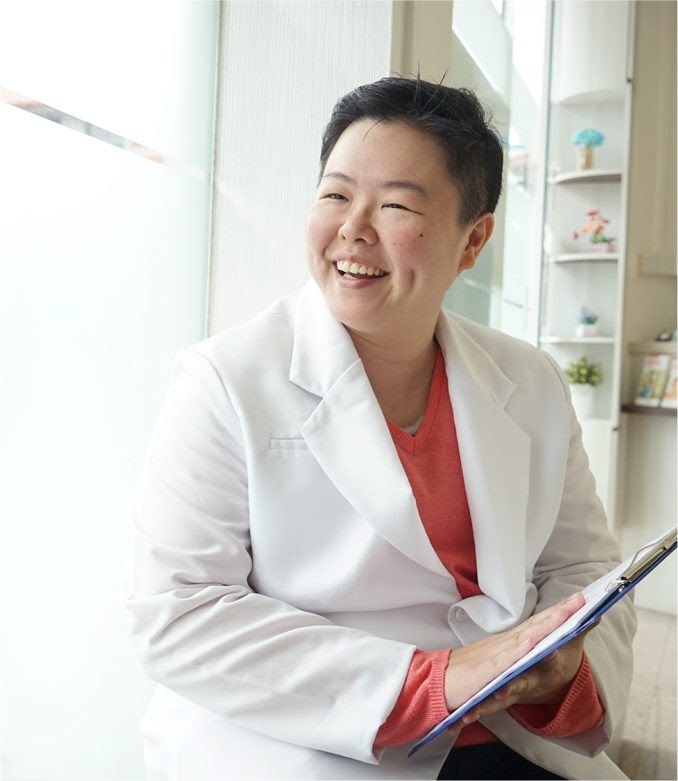
Q: What about your line of work excites you the most?
A: Fulfilment. When patients recover and you can finally discharge them, the sense of achievement keeps me going. Certain times, some chronic conditions do not allow for an immediate recovery, but the ability to provide pain relief and improve their quality of life keeps me going. When I see the desire my patients have to improve their health, it compels me to do my best to alleviate their discomforts and suffering.
Q: What has been your most challenging obstacle, and how did you overcome it?
A: I think the most challenging obstacle is that I look young. And this remains a challenge until the misconception is changed. I am working with NTU CMAA (Chinese Medicine Alumni Association) as a Vice President to change this misconception. The need to educate the public that our 5 years in NTU is rigorous in training and made us qualified and certified TCM physicians. I will continue to hire my juniors from this programme and do my part through our clinic to change people’s perceptions. My junior physicians have been accumulating raving reviews on Google by their patients who recovered under their care.
Q: What motivates you to go further in your business or career?
A: 1. Vision – to help all mankind to be the best you can be. Patients’ recovery and fulfilment really keep me motivated to improve every day.
2. I am a workaholic – I cannot deny it. This is a drive, a fire in me, that wants to make sure that we keep our promise to our staff to grow to 7 centres. They joined us partly because of this vision and want to grow with the company so I continue to work hard, plan strategically to achieve our targets.
3. My business partner and mentor – her emotional support keeps me going through very tough times we had in our growth journey.
Q: What do you consider to be the most valuable talents you’ve acquired and implemented during your journey?
A: Communication. This is the single most important tool that anyone needs to succeed in life. You need to communicate good bedside manners to your patients so that they trust you. You need to communicate decisions to your staff so that they will be motivated to work for the company. You need to communicate to sell across ideas to attract potential collaborators.
Q: What is the most significant mentality shift, belief shift, or “ah-ha” moment you’ve had in your business?
A: I would say, it is the incorporation and utilisation of therapeutic devices in the clinic to make patients feel better faster. Sometimes being an expert in TCM can make one blinded to other modalities that can enhance patients’ recovery, so I am glad that I have remained open-minded to whatever complements TCM to help our patients more!
Q: What would you do differently if you could go back in time and do things differently knowing what you know now?
A: To work on networking and marketing efforts in the first 3-4 years of ORI.This would have allowed me to grow my patient base and business much earlier!
Q: What attributes do you believe are the most necessary for a successful entrepreneur?
A: 1. Bold but calculated risk. We have to push the boundaries, step out of our comfort zone to break new grounds and expand our business model.
2. Trust in your team. Empowering them to make decisions so that more out of the box ideas can be developed.
3. Communication. To ensure good and efficient working relationships.
4. Personal development. For yourself and your team.
Q: What are some of the most crucial aspects of establishing a successful company?
A: Manpower. Getting the right team to work together, have fun together. It is very important to build a sense of trust and accountability; the speed of trust makes working together so much more pleasant.
Network. Having a good network has helped us to achieve more in a shorter period of time.
Resources and finance. You need money to start to grow money. Plus if I hadn’t had the financial support of my parents in the early years, Oriental Remedies Group (ORG) wouldn’t be here today.
Q: What is the best piece of advice you have ever gotten?
A: From the book, 7 Habits of Highly Successful People by Stephen Covey, all 7 habits, especially the first 3 that focus on self-mastery. Having an awareness to stop before any response has helped me be less emotional and able to make better decisions as a people leader.
Q: What have you recently discovered that has astounded you?
A: Reiki. I took up Reiki Practitioner Level 1 class and learnt how energy can help myself and my patients. I tried out reiki on my colleagues and helped one of them fall asleep after one therapy (she suffers from insomnia). I will be figuring out how to incorporate this modality into my practice for patients suitable for it.
Q: What advice do you have for aspiring and first-time entrepreneurs?
A: Willingness to commit to your idea/product/business. Entrepreneurship is not a walk in the park even if you have external funding. You need to put in the hours and at the start, you may not even have a salary or minimal salary. I remember making sure my staff are paid and bringing home less than half of my own salary because that month’s revenue was slow. I was also close to being fatigued working 7 days a week. But we managed to tide through it as everyone on the team was pulling their weight to reduce the burden. So hire talents if you can afford it!
Q: What is one question you wish we had asked you? What would your response be to such a question?
A: Question: As a service-oriented business, what are the business challenges you have faced so far?
The simple answer is never easy. Long answer – by putting in a lot of effort in pre-planning.
1. Making sure our staff are paid was a real big challenge
In 2020, when Covid-19 happened and businesses were forced to close, we were thankful that TCM clinics are allowed to run. However, by keeping our clinics open, our overheads continued while human traffic slowed to a halt. Understandably, people were afraid to leave their homes! As we also had 2 new staff who joined us on 1st April (just a few weeks before circuit breaker), we had to pivot our business model to ensure that our business survived and can still provide for our staff. Even though clinic revenues were only 10 percent of our usual rate, I am thankful for having the team working on projects outside of their comfort zone like webinars and also our retail store (which took less than a month from conception to formalizing our products to an online website.) All their hard work not just earned us revenue during this down period, but also created a stronger branding that attracted many new patients once the circuit breaker was lifted.
2. Strict hiring protocol despite urgency in the filling of roles
After phase 2 opened up, our patients jumped by almost two times and the next crunch was not having enough front-counter counters and therapists to handle the increased volume. Also, the team was getting tired as we didn’t have much rest during the CB period. So in that 6 weeks, our HR team, myself and my CEO went through thousands of resumes and hired 8 new faces to the company. Despite the urgency to fill the headcount, we continue to maintain the process of three rounds of interviews for all candidates to make sure that they are a fit with the company’s culture. Interviews are tiring as the candidates are also assessing whether they want to join your company.
3. Processes to ensure teamwork. As the team suddenly doubled in a month, onboarding the new staff and integrating them to work well with the incoming team was very challenging, and none of our new teammates are from the industry. Thankful for the leadership exhibited by our team, some key members stepped up to help us roll out onboarding sessions (1 week), full training plans (3 months) and a mentorship programme to ensure that on top of familiarizing with operations, teamwork is also present. We are thankful for the team who have stayed with us till now – it took all of your personal leadership to navigate through a mess and emerge strong with the structure we have now.
Q: Life has its ups and downs; can you tell us a compelling story?
A: My most down period was during the circuit breaker when I learnt that two of our cancer patients passed away. Both patients were doing well with our cancer support treatments. Prior to the pandemic outbreak, while they both had terminal cancer, we have seen them at our clinics for almost 2 years. They still managed a good quality of life with minimal pain. However, while they were unable to visit us for a full suite of services during the circuit breaker, it was unfortunate that their condition took a downturn. Many of my team members were also very emotionally affected by their sudden passing.
Q: Who motivates or motivates you?
A: The business growth and the team that works on it.
We spend sometimes up to 12 hours each day working; seeing our colleagues more often than we see our family. The team bonding and fun at coming to work is what keeps me alive on days that I can feel rather burnt out.
Business growth is motivation to put in just a day more into your workweek. We often have training on Mondays which also happens to be my rest day. For example, we just had a training two Mondays ago where we closed both clinics to ensure that our staff can focus on customer service training. After the training, for these 2 weeks, I see a great improvement and them really integrating our training material into their day to day work. They serve the patients better and in turn, they also feel more fulfilled. This motivates me even though working that Monday meant I would work 14 days without a break!
Q: What are your favourite ways to unwind?
A: Holidays! I like to explore new places, have long naps to unwind and try good food. In the past, I was able to take long trips to fully immerse myself in a country to experience its local nuances.
However, due to COVID-19 and the heavy patient load, it is unlikely I will have the luxury of such long breaks anymore! But I think it is a worthwhile sacrifice and a privilege to be in a position to be able to serve the public. Currently, I am trying out different hotels for staycations to recharge my batteries; I do feel that I am a more effective physician after a break!
Q: What would you do if you found yourself on a (potentially) deserted island as a single survivor?
A: Understanding the problem thoroughly is fundamental to solving the issue. So I must first explore the island to know where I am dealing with. Preparation is necessary. Assuming my bag is with me, I will attempt to draw a map of the area first and I will also bring along a weapon, both to protect myself and also hunt animals.
In the exploration, I will try my best to demarcate where I have been and try to plan out the best escape route. If I do encounter another tribal person, I will try my best to communicate and not get killed. I will then use local resources such as wood or bamboo to build a raft to escape and also try to set fires to try to get noticed by any aircraft flying over.
Q: How would you choose which emails to answer if you woke up with 1,000 unread emails and only had time to respond to 100 of them?
A: Prioritise. I will first scan the senders/titles and split them into different categories and ensure I only respond to the emails that are important and urgent.
Q: How much would you be willing to pay for a machine that could produce 100 dollars every day for the rest of your life?
A: Depending on a few factors
1. Does it require someone to operate? (the cost that will offset the 100 dollars)
2. Quality of the device (cost again – will it break down?)
3. Potential to increase revenue (could it potentially produce >100 dollars a day after some time)
Assuming it does not break down, then I will ask my business partner to do a cost-benefit with a discounted flow analysis to determine the current price it is worth!
Q: How fortunate are you, and why are you so fortunate?
A: Very fortunate. Supportive family and a great team to work with 🙂
Learn and discover entrepreneurs on their respective journeys. Lots more stories like this by clicking on the link here.
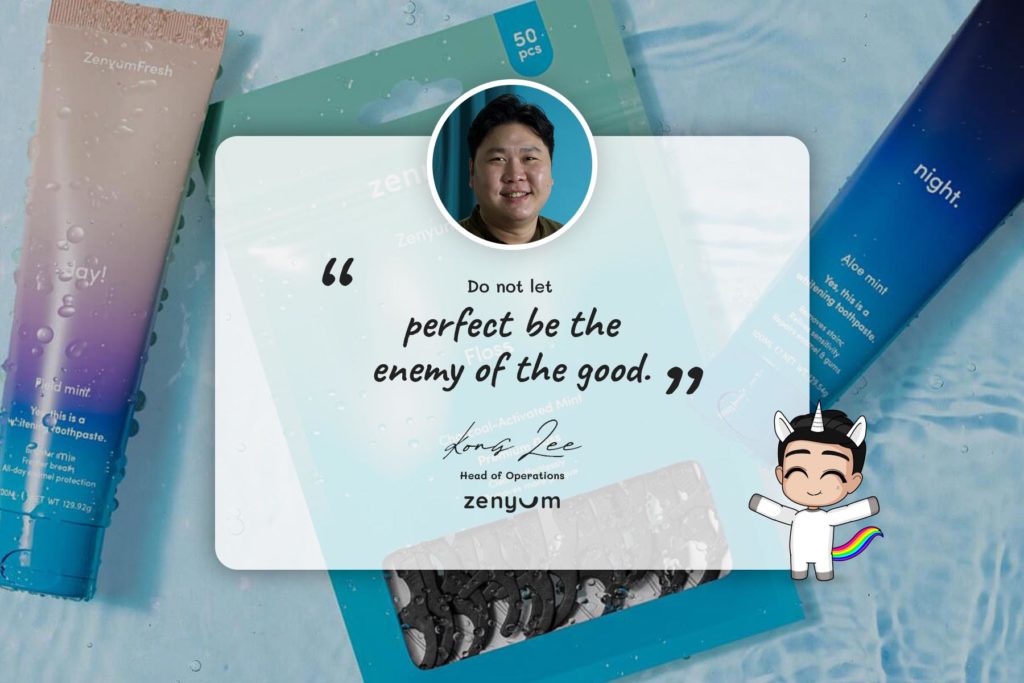
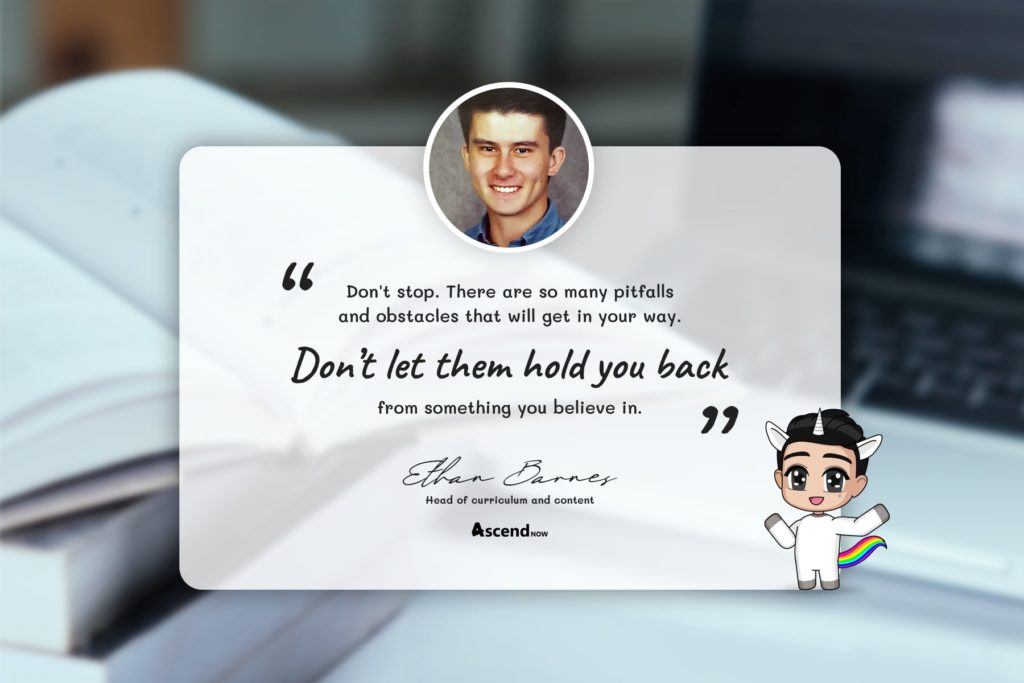
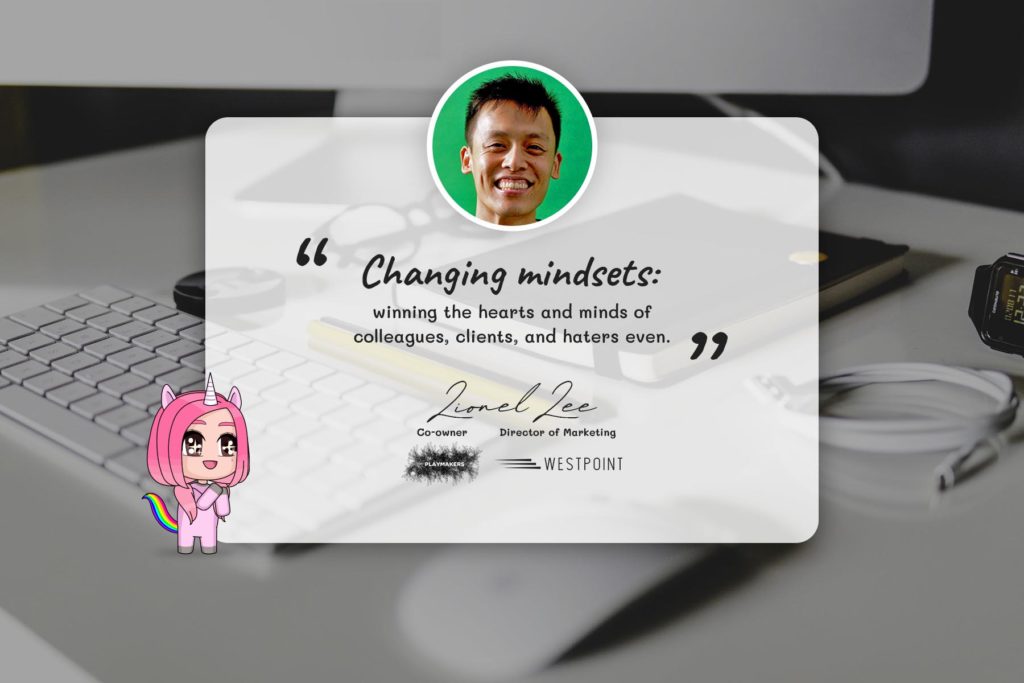
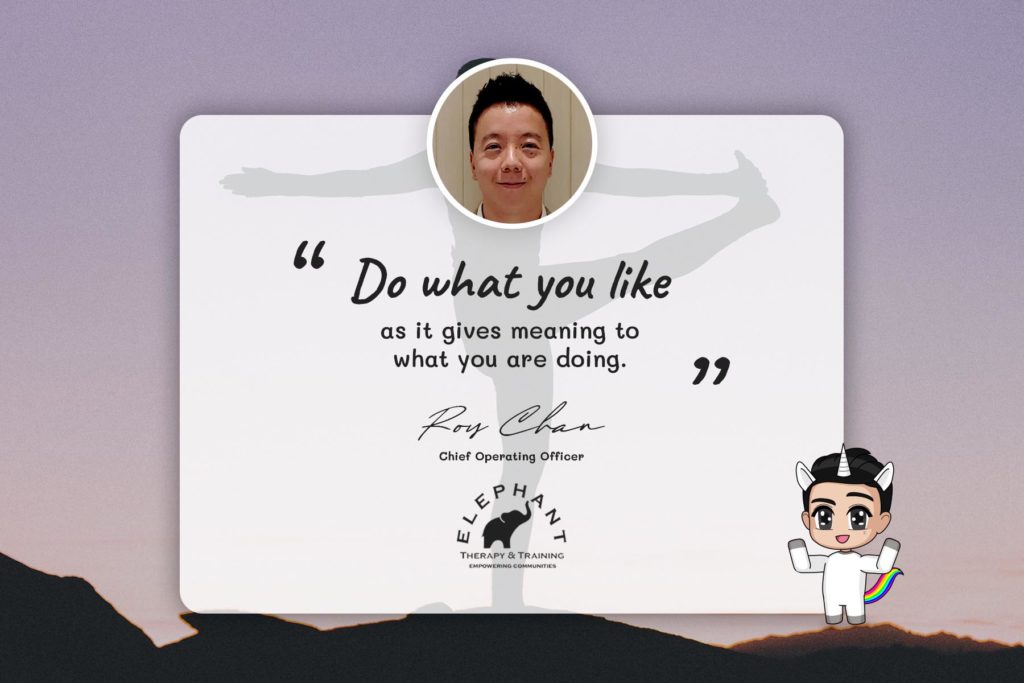
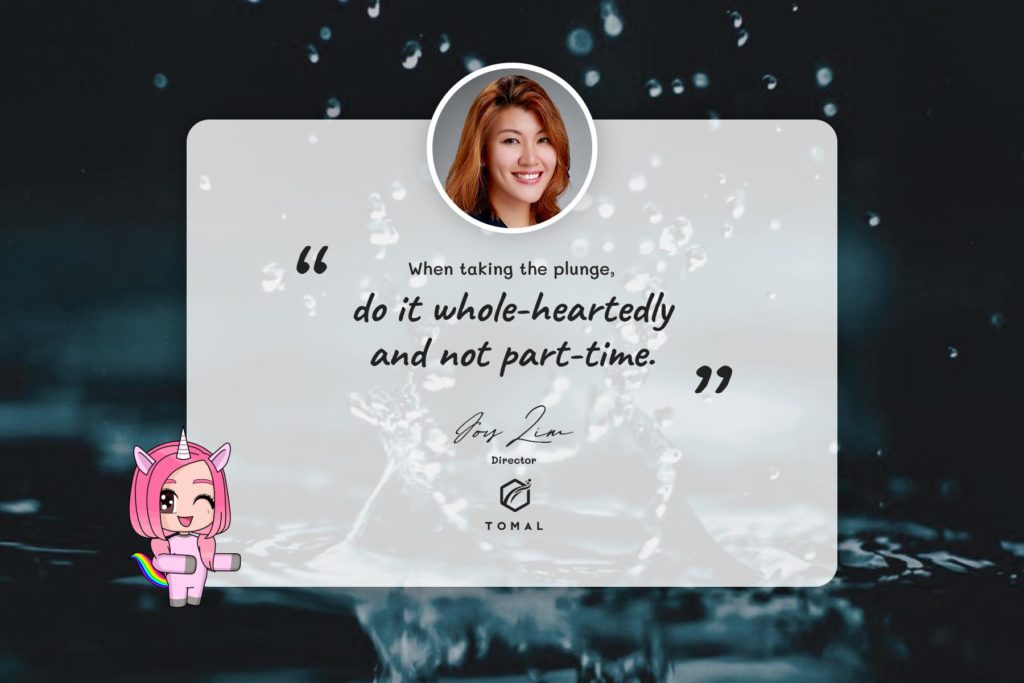
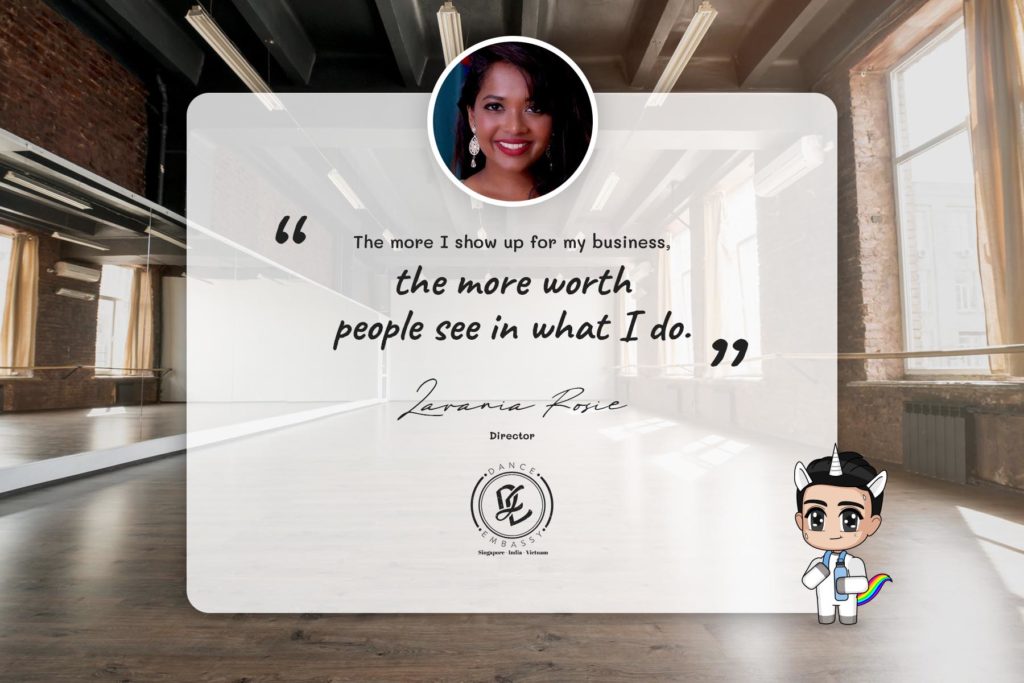
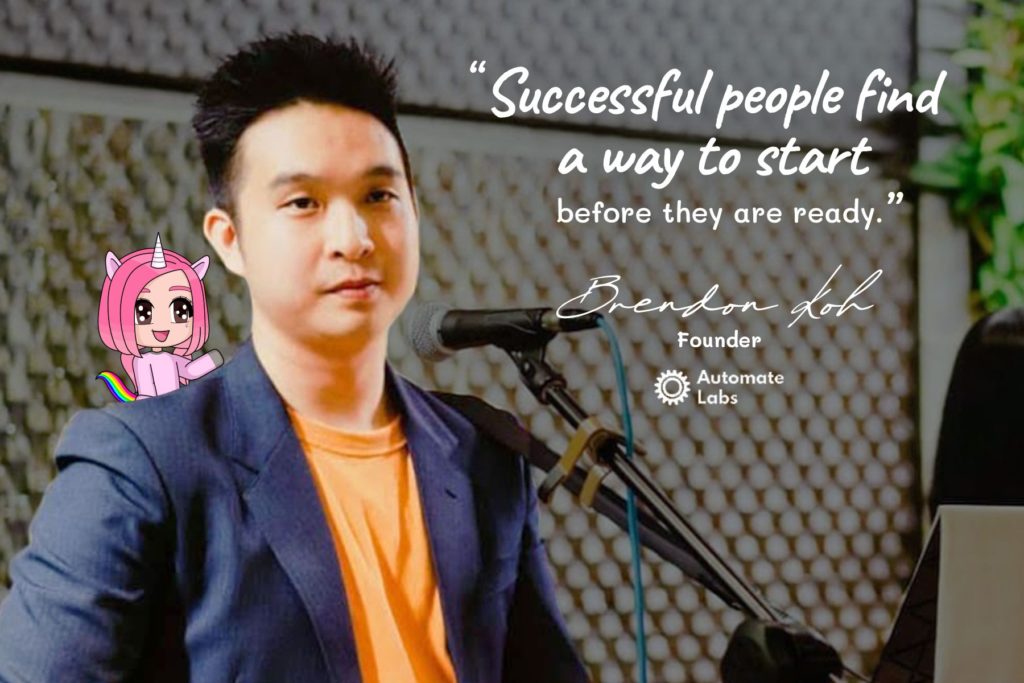
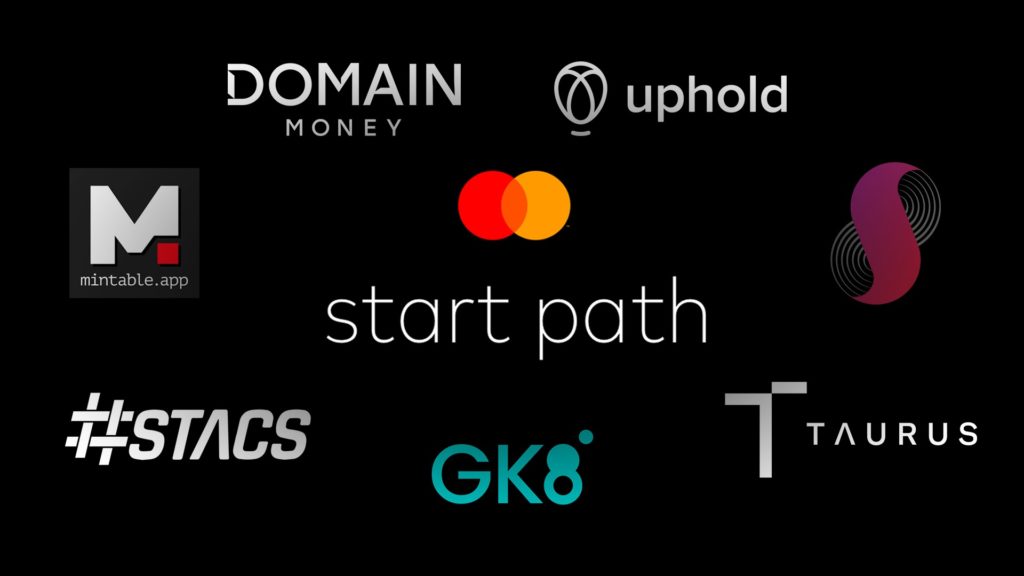
Responses